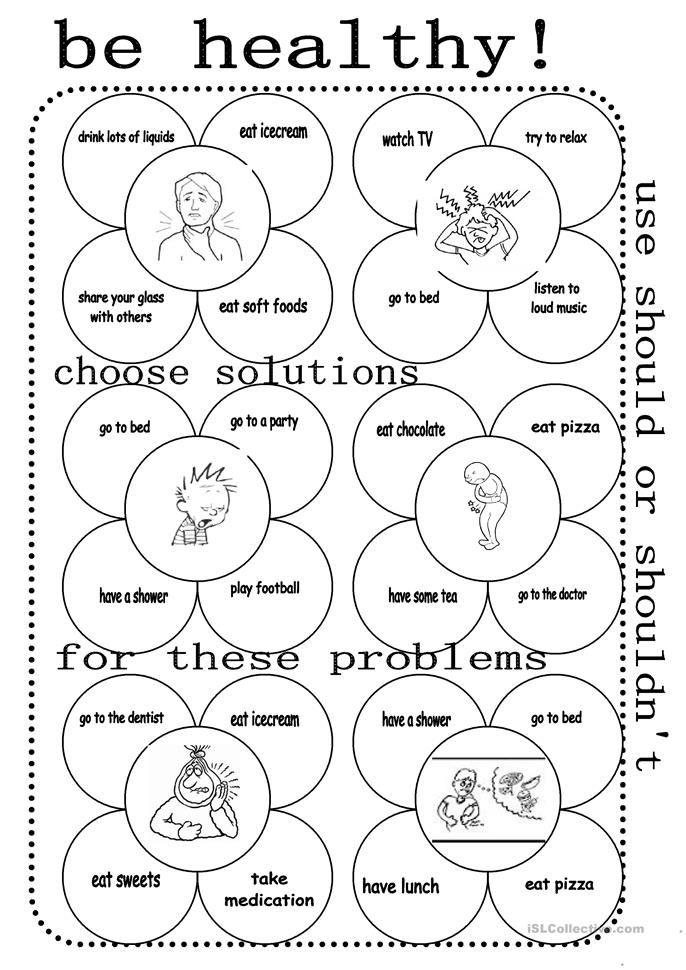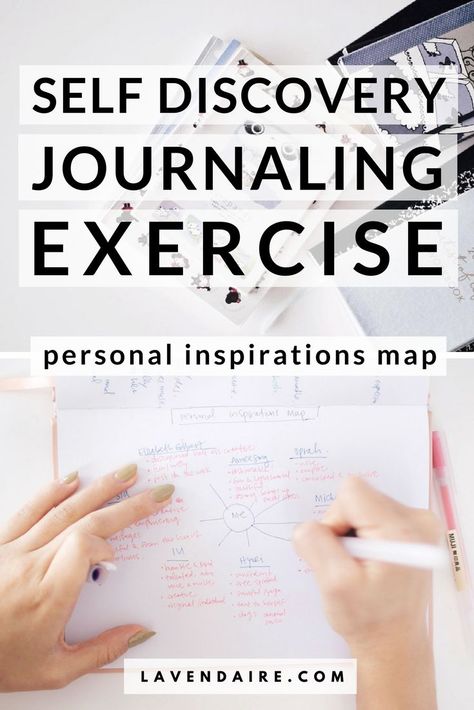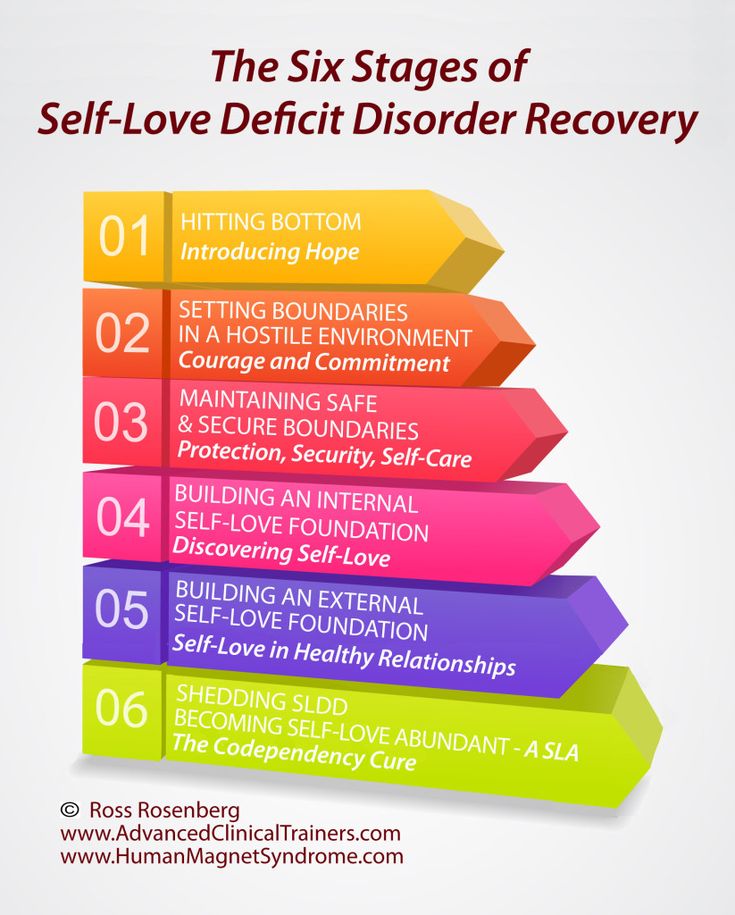How to deal with personal attacks
How to deal with personal attacks • Expert Negotiator
Newt Gingrich has repeatedly called Mitt Romney a liar. And Romney has incessantly focused on Gingrich’s personal ethics and effectively accused Gingrich of being a sore loser.
And remember the 2008 primary battle between President Barack Obama and now Secretary of State Hillary Clinton? It was not pretty.
Personal attacks seem to have become the norm in high stakes politics. But business and legal negotiations are not immune. Many years ago a lawyer swore and tried to verbally intimidate me in a negotiation over whether his client had to give us certain documents.
So what can we do about personal attacks?
1. Don’t lower yourself to their level.
I know it’s easier to say this than to do this. It’s hard not to respond in kind when you’re under personal attack. But getting into the gutter is almost always counterproductive and leads to escalation – not resolution.
Instead, be professional and maintain your composure. You will lose if you lose it too.
2. Focus on your goal.
Folks sometimes engage in personal attacks to distract or divert you from the real issues on the table. Perhaps they have weak leverage and the conversation was focused on their poor alternative. Or maybe they thought you would forget about that powerful market value analysis if they came at you personally.
Your response? Keep your goals and interests front and center. Written agendas can help here, too, especially if you anticipated the attacks by researching your counterpart’s reputation.
And it’s even more productive if they’ve agreed to an agenda and ground rules early on. “Look,” you might then say, “I could respond to your personal attacks with equally inflammatory language. But that won’t help either of us. In fact, it will just cause more problems. Instead, let’s focus on what we both initially agreed would be a productive way to negotiate – and that’s by addressing issue X.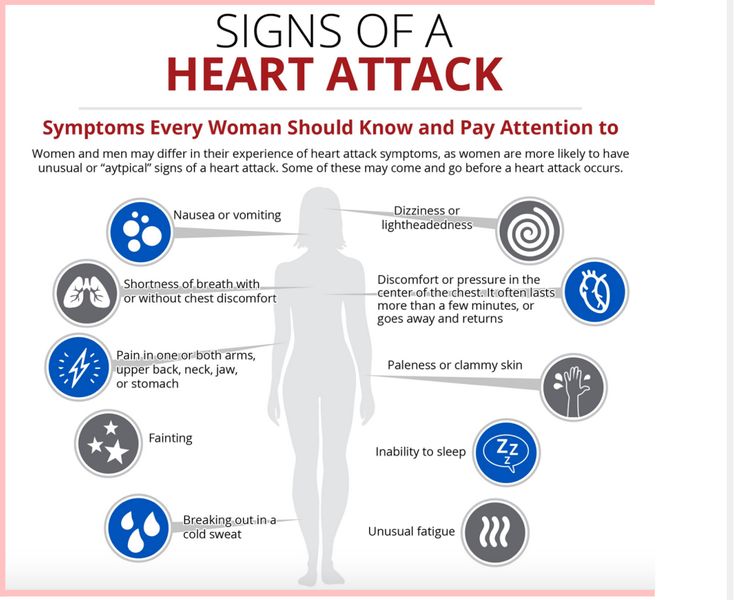 ”
”
3. Take a break.
Don’t underestimate the power of a cooling off period. But take a break that’s at least 20 minutes long. It usually takes at least that amount of time for their adrenaline surge to dissipate.
Of course, you may want to take a day, week, month or even longer.
4. Consider going over their head.
In some negotiations, especially those involving longstanding business-to-business relationships, consider going over your attacker’s head and requesting a new counterparty. This shouldn’t be a first resort, but sometimes the inherent risk of this move backfiring (if your request is denied) is outweighed by the potential benefit of moving forward productively.
At the least, this will hopefully bring some pressure on your counterpart to behave more professionally.
5. Exercise your leverage.
At the end of the day, your ability to impact your counterpart’s behavior may be mostly dependent upon your fundamental leverage – the value of your alternative (or Plan B) relative to your counterpart’s alternative (or Plan B).
The easier it is for you to walk and the better your Plan B, and the more difficult it is for your counterpart to walk and the worse their Plan B, the higher the likelihood they will avoid personal attacks. So if you have strong leverage, make a move toward your Plan B. Then closely monitor their reaction.
In my negotiation with the lawyer who tried to intimidate me, I simply walked over to the conference room phone and started dialing the judge. It was amazing how quickly his attitude changed.
Published February 3, 2012 The Arizona Republic
How to handle a personal attack
Recently, I experienced a personal attack. It arrived in the form of a letter written by another professional and was filled with accusations, comments and judgements about my character and values. The author also made other negative comments about me which were unrelated to their actual complaint.
Instantly I recalled a book I had read as an 8 year old, called the Mystery of the Spiteful Letters, and it seemed my memory was somehow linking the shock I felt at receiving this letter out of the blue with the shock the letter receivers in the book had also felt. I was shocked, I couldn’t believe it, why would someone send me such an aggressive letter? To give my letter writer credit, unlike in the Mystery of the Spiteful Letters, they did sign their name to the letter. If you have experienced a personal attack/s in the past or more recently, you may feel traumatised by this experience. Psychological therapies such as EMDR and Schema therapy can help you recover. Personal attacks can create painful feelings including shame, particularly in those with schemas such as the defectiveness/shame schema, mistrust/abuse schema and those with a punitive inner critic.
I was shocked, I couldn’t believe it, why would someone send me such an aggressive letter? To give my letter writer credit, unlike in the Mystery of the Spiteful Letters, they did sign their name to the letter. If you have experienced a personal attack/s in the past or more recently, you may feel traumatised by this experience. Psychological therapies such as EMDR and Schema therapy can help you recover. Personal attacks can create painful feelings including shame, particularly in those with schemas such as the defectiveness/shame schema, mistrust/abuse schema and those with a punitive inner critic.
One of the upsides of being a clinical psychologist, is that you have often helped others to deal with similar situations that may crop up in your own life, and you have studied human behaviour and motivation extensively. As such I knew that this letter said more about the letter writer’s coping mode in response to their vulnerabilities and emotional needs than it said about me as a person. I also knew that I had to be careful and considered with how I responded, that I wanted my response to be a reflection of my values, from my Healthy Adult mode, rather than a reaction to their actions.
I also knew that I had to be careful and considered with how I responded, that I wanted my response to be a reflection of my values, from my Healthy Adult mode, rather than a reaction to their actions.
When we feel attacked, it can trigger old pain held in our vulnerable part and we often experience an instinct to attack back in order to defend ourselves. This is normal and natural. However, attacking back generally does little more than solidify the attacker’s view of us as a person. It can also lead to regret about what was said when you were in attack mode and it may result in you behaving in a way which was inconsistent with your values.
Another common way of responding is to ignore the attack and refuse to dignify the accusations. At times this may be the best course of action however it can lead you to feel like the other person may think that your silence acknowledges guilt or the truth of the allegations.
So how can we effectively respond to personal attacks from a Healthy Adult perspective?
- Try not take the attacks personally.
 Try to detach yourself, recognising the attack as more about the attacker’s emotional needs and communication skills, rather than a reflection on you.
Try to detach yourself, recognising the attack as more about the attacker’s emotional needs and communication skills, rather than a reflection on you.
- Detach from the need to have everyone’s positive regard. Accepting that not everyone will like or value you all of the time will be helpful as it will free you from needing the attacker to think well of you. This helps if you know who you are and can see yourself and your values clearly.
- Accept anger. Accept that it is normal to be angry when you are personally attacked. It’s what you do with your anger that counts and it will be the anger that will allow you to act and move forward.
- Acknowledge any feelings of shame the attack may have created. Personal attacks evoke a shame response, and feelings of shame can occur even if there is no truth in the attacker’s claims. Shame can make you feel like hiding and avoiding dealing with the personal attack whether the attacker’s words are true or not.
 Ask yourself why you feel so bad about what the attacker is saying about you – if underneath the hurtful communication lies some truths, is it something you can live with or something you would like to change – not for their benefit, but for yours. If it’s not true either let it go or work out a plan to move forward. Either way by taking the shame head on, you will learn that it does not need to control you.
Ask yourself why you feel so bad about what the attacker is saying about you – if underneath the hurtful communication lies some truths, is it something you can live with or something you would like to change – not for their benefit, but for yours. If it’s not true either let it go or work out a plan to move forward. Either way by taking the shame head on, you will learn that it does not need to control you.
- Check in with Your Values. Personal attacks may cause you to question your values. You may feel unnerved shame, pain, and rejection. Reacting in this space may see you take actions that are against your values, and end up confirming the perspective of the attacker. Instead, use this experience to solidify your values and recommit yourself, to become that much stronger in what you believe. This will ultimately make it much less likely to be shaken from your values
- Remind yourself of values-guided actions you regularly undertake.
 Connecting your values to concrete acts that you can point to as evidence — for yourself when needed, and for everyone else. It’s the difference between saying, “I’m a helpful person,” and actually being helpful by assisting others, helping a neighbor out etc. So when someone attacks you, you can identify all of the things that you have done — and will continue to do — and you won’t need to fight back, because your acts speak for you, and you have nothing to prove.
Connecting your values to concrete acts that you can point to as evidence — for yourself when needed, and for everyone else. It’s the difference between saying, “I’m a helpful person,” and actually being helpful by assisting others, helping a neighbor out etc. So when someone attacks you, you can identify all of the things that you have done — and will continue to do — and you won’t need to fight back, because your acts speak for you, and you have nothing to prove.
So what did I do to deal with my personal attack?
Firstly I showed the letter and discussed my shocked response with a number of trusted colleagues. I did not let this experience shame me by making the whole letter incident a secret, unlike the characters in The Mystery of the Spiteful Letters. I reviewed what I knew to be true about my general character and demeanour.
I felt strongly I did not want to attack back, because I wanted to be able to hold my head up high should I meet this person again. Importantly I wanted to continue to live to my value of respectful and considered communication with others. So I wrote a short and kindly worded letter using my Healthy Adult part, in response indicating that I felt there was another explanation possible and offering to meet and discuss further. Did I kind of hope the letter writer would retract their accusations or even apologise? Maybe a little. Did it happen? No. I can live with that though because I know I dealt with it in a manner which was consistent with my values.
Importantly I wanted to continue to live to my value of respectful and considered communication with others. So I wrote a short and kindly worded letter using my Healthy Adult part, in response indicating that I felt there was another explanation possible and offering to meet and discuss further. Did I kind of hope the letter writer would retract their accusations or even apologise? Maybe a little. Did it happen? No. I can live with that though because I know I dealt with it in a manner which was consistent with my values.
Disclaimer: material provided in this blog is for information purposes only. It is not a substitute for proper diagnosis, treatment or the provision of advice by an appropriate health professional.
- About the Author
About Nadene van der Linden
Nadene van der Linden is a clinical psychologist in private practice at The Schema Therapy Collective. Nadene has a special interest in trauma and uses active therapy approaches including schema therapy, EMDR, and chairwork therapy techniques. Nadene is a Board Approved Supervisor and supervises and mentors psychologists and other mental health therapists. Nadene offers online courses and training for therapists at nadenevanderlinden.com
Nadene is a Board Approved Supervisor and supervises and mentors psychologists and other mental health therapists. Nadene offers online courses and training for therapists at nadenevanderlinden.com
Personal boundaries: what they are, how to build and defend them
It would be convenient if each person was accompanied by clear instructions - do not touch here, do not touch this topic, the following is permissible in sex, views are moderately open, I do not lend. It would also be amazing if this instruction changes in real time, adjusting to our new needs, periods in life, certain people, personal crises and discoveries. But such a document is not issued anywhere, so people around can only guess - by indirect signs and personal interpretations - where everyone's comfort zone ends. What is there, even the person himself is not always aware of what is good and what is bad. nine0003
- What is
- Why do we need
- How to line up
- How to protect
What are personal boundaries
Advertising on RBC www. adv.rbc.ru
adv.rbc.ru
Personal boundaries are invisible, but very important "fences" that separate a person, his habits, aspirations, actions and thoughts from the outside world. They are needed to protect the individual and what is valuable to her - time and energy, emotions and feelings, cultural, religious and ethical values, sexuality, personal space and even things. Too high, impenetrable boundaries can isolate from the world and lead to loneliness. The absence of borders threatens with loss of identity and stress from constant interventions from outside. nine0003
Why build personal boundaries
Strong but flexible personal boundaries help you build healthy relationships with the outside world—with your partner, family, friends, colleagues, and bosses—that keep them from becoming dangerous psychologically and sometimes physically abusive. These same boundaries carefully protect our self-esteem, help to prioritize and maintain a balance between different areas of life.
Flexibility is one of the most important qualities of personal boundaries. They can change with different people and situations, and this is perfectly normal. No one can accuse you of double standards and hypocrisy if a certain context makes communicating with someone or the situation uncomfortable for you. On the contrary, the flexibility of boundaries helps us to properly distribute energy and not waste it in vain (or internal struggle with discomfort). nine0003
Close to the heart: what is high sensitivity and how to live with it
Finally, as paradoxical as it sounds, it is the boundaries that help us to be vulnerable - to allow ourselves to be weak, imperfect, and therefore alive. For example, you are in a crisis. Under pressure from outside - when loved ones interfere with unsolicited advice - I want to close myself from everyone, which can only aggravate the condition. On the contrary, if you are aware and vocal that you are not yet ready to discuss your condition, it will be easier for you to take the first step - to violate your own boundary and come out to have a frank conversation when you feel safe. nine0003
nine0003
A scene from Sex Education
© imdb.com
How to build personal boundaries
Our upbringing, culture, mentality and signs of the times, personality and character traits, life experience, family relationships and current life situation - everything it affects how we subconsciously form personal boundaries. In order to understand them, you can answer a few questions.
What are you entitled to?
This is a simple but important question - it helps to remember that every person has basic rights that he can exercise without a twinge of conscience. The right to say no, to refuse an offer, and not feel guilty. The right to expect to be treated with respect, to think about your desires and needs no less than about the needs of other people, the right not to live up to someone's expectations, and - very importantly - the right to make a mistake. This is the minimum by which you can define your personal boundaries. nine0003
How do you feel?
A situational question that you should periodically ask yourself in a variety of situations. How do you feel when a friend wants to discuss your personal life with you. What do you feel when you once again have to linger in the office, when someone asks a question about your life situation, touches on the topic of politics, asks to borrow money or some thing.
How do you feel when a friend wants to discuss your personal life with you. What do you feel when you once again have to linger in the office, when someone asks a question about your life situation, touches on the topic of politics, asks to borrow money or some thing.
Obvious signs of discomfort:
- dry mouth;
- palpitations; nine0006
- sweating;
- irritation.
What do you value?
Personal boundaries can and even should be built in accordance with your values. If you haven't already identified them, you can brainstorm, write down the top ten, and then reduce first to five, and then to three. Get a short list of basic and very important life guidelines. How often do you have to step over them? What things, people and situations in life make you live contrary to your ideals? Understanding this will help identify pain points. nine0003
A scene from Sex Education
© imdb.com
How to Gently Defend Personal Boundaries
When you understand what exactly you will protect, you can move on to the question "how". The main thing here is not to slide into aggression and listen to yourself. Borders tend to change, and it is better to keep track of their movement in time.
The main thing here is not to slide into aggression and listen to yourself. Borders tend to change, and it is better to keep track of their movement in time.
1. Be assertive
There is a big difference between assertiveness and aggressiveness. The first instills respect, the second - fear and retaliatory aggression. Perseverance does not involve bargaining, half-hints and various readings, but does not lead to accusations and attacks on the other person. “Don’t you dare touch my things” sounds aggressive. “I want to know that I have a safe place where I can write down my thoughts. That's why I feel uncomfortable when you get into my diary. Please don't do it again" sounds convincing. nine0003
2. Learn to say no
Sometimes you don't have to be pushy about why something makes you feel uncomfortable. It is enough to immediately say “no” and thereby get rid of future problems. Unfortunately, from childhood we cultivate a tolerance for discomfort - we learn to do what we do not like and agree to things that we do not want. Many are under the illusion that life for the sake of others will make them popular and loved - it seems to us that in no case should we refuse, otherwise we will remain lonely and useless. But, as the old psychologist joke goes, one can say that therapy bears fruit when the patient ceases to be liked by everyone in the world. Because this is impossible when competent personal boundaries are built. And they need to be respected - both their own and others. nine0003
Many are under the illusion that life for the sake of others will make them popular and loved - it seems to us that in no case should we refuse, otherwise we will remain lonely and useless. But, as the old psychologist joke goes, one can say that therapy bears fruit when the patient ceases to be liked by everyone in the world. Because this is impossible when competent personal boundaries are built. And they need to be respected - both their own and others. nine0003
If your interlocutor has stopped looking at you, nods nervously, looks suddenly agitated, or just calms down - slow down and close the topic. Or gently ask if everything is okay. After all, while personal boundaries may not be visible, they can be felt with a little care.
Why self-doubt is normal and how to live with it in a crisis .
Tags: psychology
Dealing with "toxic people" and office tyrants
Sign up for our 'Context' newsletter to help you sort things out.
Image copyright, Thinkstock
Image caption,No matter how small your team is, there's bound to be someone in it who annoys everyone
You're probably familiar with this type of people. This is the colleague who, it seems, is not only shrouded in a cloud of negative aura, but also covers everything around him with it. Such people feel satisfaction when they create problems and anger others. They make any situation stressful. Let's call them "toxic people". And from them, as well as from office tyrants, spitting on any rules, it is hard to hide. nine0102
Recently experts from the community Linkedin Influencers dealt with burning topics: how to deal with "poisonous" people and negotiate with office tyrants. Here's what two experts have to say about it.
How to Neutralize Poisonous People
"Toxic people" cause conflict and worse, stress, writes Travis Bradberry, writer and president of TalentSmart, in his column How Successful People Deal With Toxic People - Stress is a huge threat to your success. When stress gets out of control, both your brain and your ability to work productively suffer. nine0003
When stress gets out of control, both your brain and your ability to work productively suffer. nine0003
(Similar articles in the Journal section)
Bradbury's study showed that "90% of the best employees have the ability to manage their emotions in stressful situations by remaining calm and in control. They have perhaps the most important gift - the ability to neutralize "toxic people"
"The best employees have carefully crafted strategies that allow them to keep "toxic people" at bay," he writes.
Image copyright Thinkstock
Image captionSometimes you just want to close your eyes and not see it all...
Bradberry lists 12 of the most effective techniques these workers use when dealing with difficult people. Here are some of them:
Skip the Podcast and continue reading.
Podcast
What was that?
We quickly, simply and clearly explain what happened, why it's important and what's next.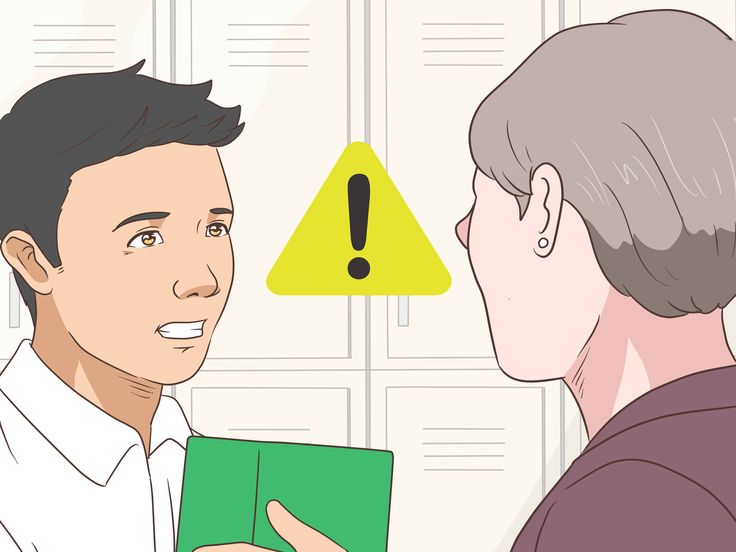 nine0003
nine0003
episodes
End of Story Podcast
Set boundaries (especially for those who like to complain). " People often feel embarrassed listening to complainers because they don't want to appear indifferent or rude, but there's a fine line between just listening sympathetically to a complainer or letting them suck you into their negative emotional funnel," wrote Bradbury. "You can The only way to avoid this is to set limits for communication or distance yourself from such people when necessary. A great way to set limits is to ask the complainer how he is going to solve his problem. He will either shut up or steer the conversation in a more productive direction." nine0003
Be above it. " Toxic People" pisses you off with their irrational behavior. Don't be misled; their behavior really cannot be explained in terms of common sense. The question arises, why do we allow ourselves to emotionally react to their behavior and allow ourselves to be pulled into this pool? Bradbury wrote. “The more irrational a person is and the more unreasonable their behavior, the easier it will be for you to avoid the traps set by them. … Distance yourself emotionally from such people and respond to them as if they were the object of scientific research for you.”
“The more irrational a person is and the more unreasonable their behavior, the easier it will be for you to avoid the traps set by them. … Distance yourself emotionally from such people and respond to them as if they were the object of scientific research for you.”
Keep your emotions under control. " Maintaining emotional distance requires awareness. You allow people to piss you off if you do not realize at what point this happens. Periodically, you will find that you are in a situation where you need to regroup and choose the best direction of movement," writes Bradbury. “Sometimes the best course of action is to smile and nod, and in the meantime pause and plan your next steps.”
Image copyright Thinkstock
Image captionWhen comforting an upset employee, don't let it become a daily ritual
Focus on solving problems rather than problems. " Your emotional state depends on what you focus on. When you focus on the problems in front of you, you create and prolong your negative emotions and stress. When it comes to "toxic people", your focus on how crazy they are and how difficult they are to deal with gives them power over you,” wrote Bradbury. “Instead, focus on ways that will allow you to deal with them. This will give you the opportunity to operate more effectively, because you will control yourself.” ". nine0003
When it comes to "toxic people", your focus on how crazy they are and how difficult they are to deal with gives them power over you,” wrote Bradbury. “Instead, focus on ways that will allow you to deal with them. This will give you the opportunity to operate more effectively, because you will control yourself.” ". nine0003
How to neutralize a tyrant
Where do tyrants get their strength from? You are giving them a weapon when you react to their aggressive tactics by essentially giving in to them, and by doing so you admit defeat, writes Victoria Pynchon, negotiation consultant at She Negotiates Consulting and Training, in an article "How to negotiate with a tyrant".
"[Tyrants] accuse, threaten, irritate, harass, shame, raise their voices, shake their fists, and sometimes even show physical pressure," Pynchon wrote. which is used on the playground. And you act as an observer. " nine0003
"Your best defense against a workplace tyrant will be to identify and counter their tactics without raising the stakes and letting conflict flare up," she wrote.
